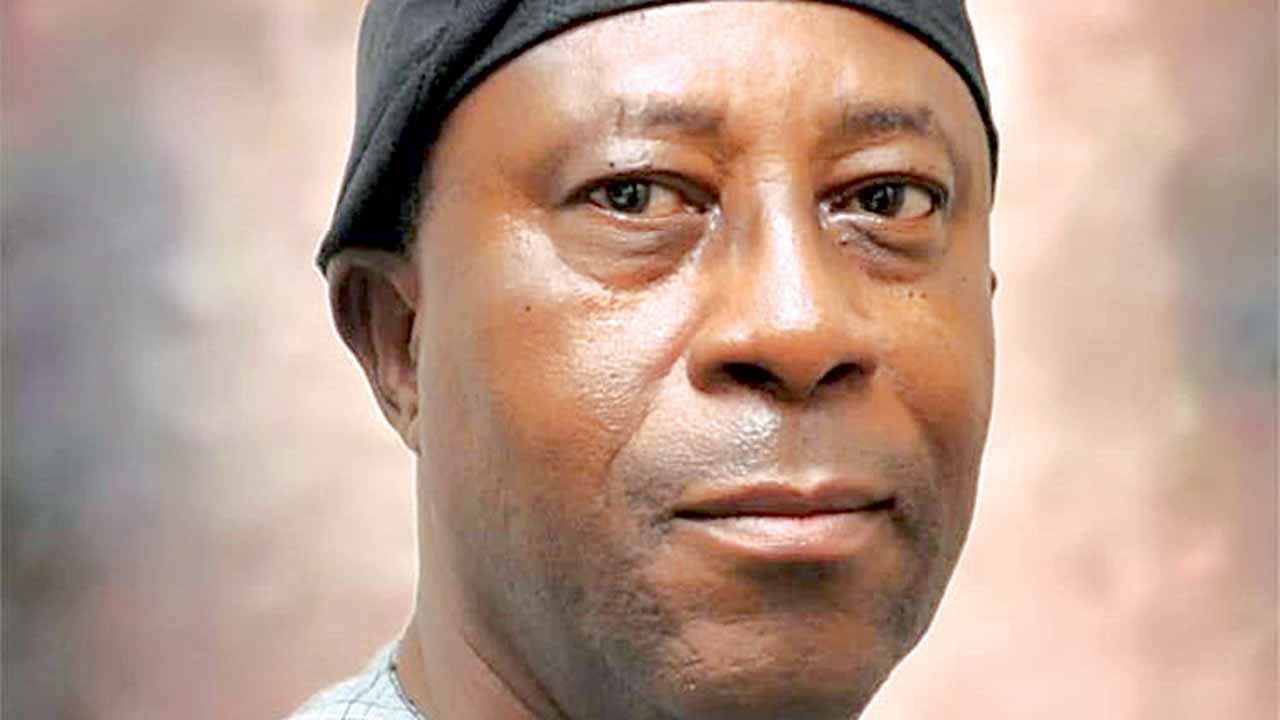
Determination by the Nigeria Police Force (NPF) to withdraw from Contributory Pension Scheme (CPS) and go back to defined benefit could derail the initiative, which has grown to N1.5 trillion within 19 years.
At the twilight of its lifespan, last month, the Ninth Senate had said it passed a bill for establishment of a Police Pension Board. The bill excludes the NPF from the CPS and returns the Force to the old Defined Benefit Scheme (DBS).
It is not the first time the Senate and House of Representatives would be involved in this move, which had been rejected by past Presidents. Notable, former Presidents Goodluck Jonathan and Muhammadu Buhari withheld assent.
Ivor Takor, a former President of the Non-Academic Staff Union of Educational and Associated Institutions (NASU), urged President Bola Tinubu to toe the path of his predecessors on the issue by withholding assent to the bill.
Takor said: “I am not in agreement with those who are insinuating that previous attempts and the current passing of the bill are motivated by pecuniary interest. I see the passing of the bill as a moderate face to reactionary politics. In essence, this amounts to a defence of the status quo, the existing state of affairs. For some, this desire to resist or avoid change is deeply rooted in human psychology.
“Both the DBS and the CPS have been tried and the results are in public domain. Therefore, moving the police from the CPS back to DBS is irrational and lacking mental clarity. It is a decision that is not endowed with reason or understanding.”
Takor argued that rationale for the reform was that DBS in public service was unfunded and unsustainable, as it had an outstanding pension liability of N2.4 trillion in the public service as at 2004.
Its administration was also weak, inefficient and lacked regulatory control, which gave room to corruption, demographic shifts and ageing, making the CPS in the public service unsustainable.
He explained that in the private sector, most workers were not covered by any form of retirement benefit scheme with funds of the few private sector pension schemes in existence.
Nigeria carried out comprehensive pension reform in 2004 with enactment of the Pension Reform Act (PRA) 2004, which was later repealed and replaced with the Pension Reform Act 2014. The CPS, established under the PRA 2004 and later PRA 2014, is a mandatory scheme in the public service and for any employer with three employees and above in the private sector. Contributions are made by both employer and employee and put in individual employees’ Retirement Savings Accounts (RSAs), thereby creating a ready pool of fund for payment of pension.
Section 5(1)(a) of PRA 2014 was derived from Section 291 of the 1999 Constitution of Nigeria as amended, which exempts only the military, intelligence and secret service. Also, Section 5 (1) (b) of PRA 2014 exempted public servants who had three years or less to retire, as of 2004, when the CPS was implemented.
Silva Nwaiwu of the Nigeria Union of Contributory Pension Scheme Sector thinks: “There is nothing wrong with the CPS. Any transparent government anywhere in the world will buy into it. The security of funds is very tight and very transparent.”



